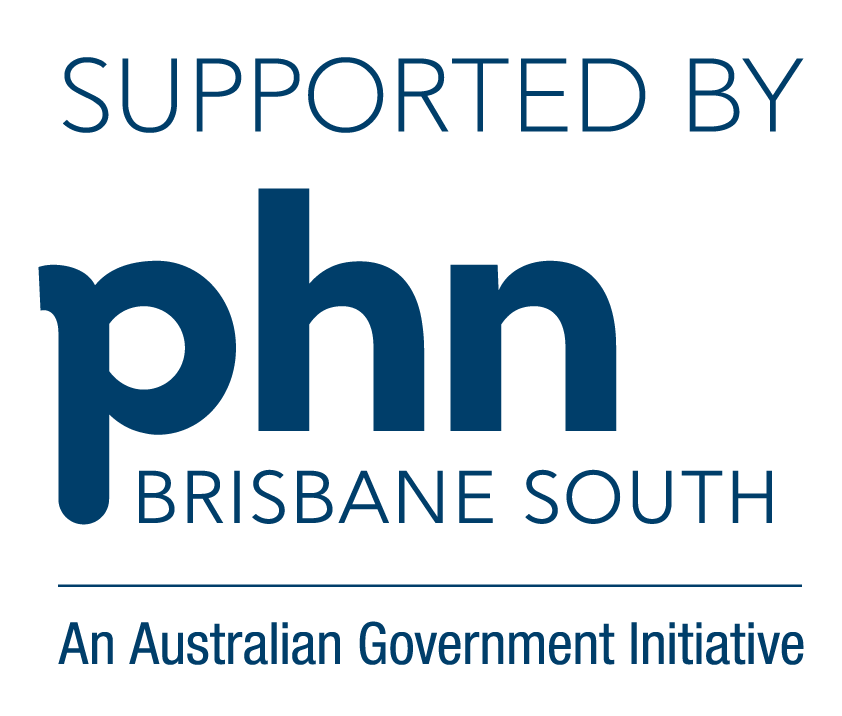What is Fatty Liver Disease?
Fatty liver disease occurs when fat deposits have built up around your liver. The liver is the main organ for processing food and waste materials. If it isn’t managed well, it can lead to inflammation and further liver damage – which can ultimately cause liver failure. Additionally, it can also increase your risk of heart attack, stroke or diabetes.
This is why it’s so important to take steps to manage the health of your liver. The first steps should be a healthy diet, regular exercise, and avoiding alcohol and smoking.
What can I do?
Nutritional management plays a crucial role, and is focused around eating a generally healthy dietary pattern. For example, the Mediterranean diet is great for the management of liver disease, and reducing the risk of further complications.
What is the Mediterranean diet?
The Mediterranean diet is based around eating lean meats, fish, nuts, seeds, fruits, vegetables and healthy fats such as olive oil. This diet can help with heart disease, type 2 diabetes, fatty liver disease, chronic kidney disease, depression, and anxiety. Incorporating these items into your diet will do wonders for your health. Try to minimise discretionary food such as cakes, biscuits, lollies, deep-fried foods etc.
Focus on fibre
Fibre is the fibrous part of plant foods that humans cannot digest. It helps to make us feel full, have regular bowel movements, a healthy gut and control blood sugar levels.
Try to eat a variety of plant foods (fruits, veg, nuts, seeds) to increase your fibre intake.
Ideas to transition into a better you!
- Add veggies to your meals – bulk up your meals with vegetables to increase your fibre intake, make you feel fuller and make meals go further. Aim to eat a rainbow a day!
- Choose lean meats & fish – chicken, turkey, lean beef, salmon and tuna are all good options! Try to avoid fatty cuts like deli meats and fatty cuts of beef.
- Choose healthy fats – use extra virgin olive oil for cooking, avoid fatty, fried or processed foods, have some nuts and seeds as a snack, and choose reduced fat dairy options.
- Drink plenty of water – try to have a glass of water before, during and after every meal. The occasional glass of red wine is okay too.
- Be physically active! Aim to be active every day! Walk the dogs, do some resistance training, or join a community group.










